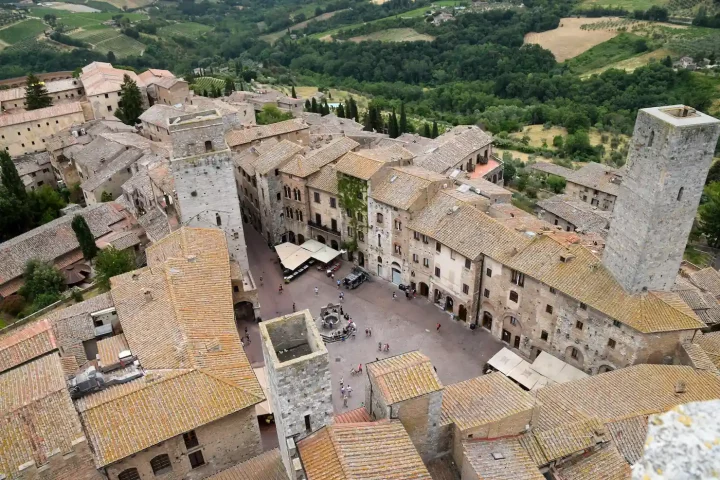When starting the process of obtaining Italian citizenship, it is crucial to locate the comune (municipality) where your ancestor was born, married, or lived. This step is fundamental because the comune holds vital records that are necessary for proving your lineage and eligibility for citizenship.
Without the correct information about the comune, it can be challenging to obtain the required documents, such as birth, marriage, and death certificates, which are essential for the application process.
Correctly identifying the comune ensures that you can access accurate records and avoid unnecessary delays or complications in your citizenship application.
Using records to find your ancestor’s comune
Before reaching out to Italian authorities, it is essential to conduct thorough research using sources and records available in the United States. Begin by gathering documents such as birth, marriage, and death certificates from US government offices.
Additionally, censuses can provide valuable information about your ancestor’s immigration and residence history. Most of these records are available at the National Archives and Records Administration (NARA).
Local churches frequented by your family may also hold baptismal, marriage, and burial records that can shed light on your ancestor’s background. These records can help you piece together the necessary information to identify the correct comune in Italy and provide a solid foundation for your citizenship application.
Several online tools and databases can assist you in your quest to find your ancestor’s comune. Websites like FamilySearch and Ancestry.com specialize in genealogy and can provide access to a wealth of records and resources.
Additionally, Italian digital archives, such as Antenati, offer access to historical records and documents from various comunes in Italy. By utilizing these online resources, you can efficiently gather the information needed to identify your ancestor’s comune and obtain the necessary documents for your citizenship application.
Take advantage of specialized assistance to secure your passport for a borderless future.
Once you have identified the comune where your ancestor lived, it is crucial to establish direct contact with the comune’s offices in Italy. Writing a formal request for information is an important step in this process.
When drafting your request, ensure that you provide accurate and detailed information about your ancestor, including full names, dates of birth, and any other relevant details. This precision will help the comune’s officials locate the records you need more efficiently.
Be polite and respectful in your request, as establishing a positive connection with comune officials can facilitate the process and increase the likelihood of obtaining the necessary documents. Additionally, you may have to write the request in Italian.
Common difficulties in the process and alternative solutions
The process of obtaining Italian citizenship can be fraught with difficulties, particularly when dealing with historical records and language barriers. One common challenge is that many immigrants changed their names upon arriving in the United States, making it difficult to match US records with Italian ones.
Additionally, language differences can complicate the process, as records may be written in Italian. To overcome these barriers, consider hiring specialized services that can assist with translation and document retrieval. These experts have experience navigating the bureaucratic processes and can provide invaluable support in obtaining the necessary documents.
Navigating the complexities of the Italian citizenship application process can be daunting, but specialized consultancies like io.citizen offer comprehensive services that simplify the journey.
From the initial research to the final procedures in Italy, io.citizen provides tailored support to meet the specific needs of each applicant. Our expertise in genealogical research, document retrieval, and legal representation ensures that you have access to accurate records and can navigate the bureaucratic hurdles with confidence.
By working with io.citizen, you can save time and reduce stress, increasing your chances of a successful citizenship application. Our comprehensive packages provide a practical solution for individuals seeking to obtain Italian citizenship efficiently and effectively.
In conclusion, finding your ancestor’s comune is a crucial first step in the process of obtaining Italian citizenship. Conducting thorough research using US sources, online tools, and Italian databases can help you gather the necessary information.
Establishing direct contact with comunes in Italy and overcoming common challenges with the help of specialized services can further streamline the process.
By utilizing comprehensive services from consultancies like io.citizen, you can navigate the complexities of the application process with confidence and achieve your goal of becoming an Italian citizen.






